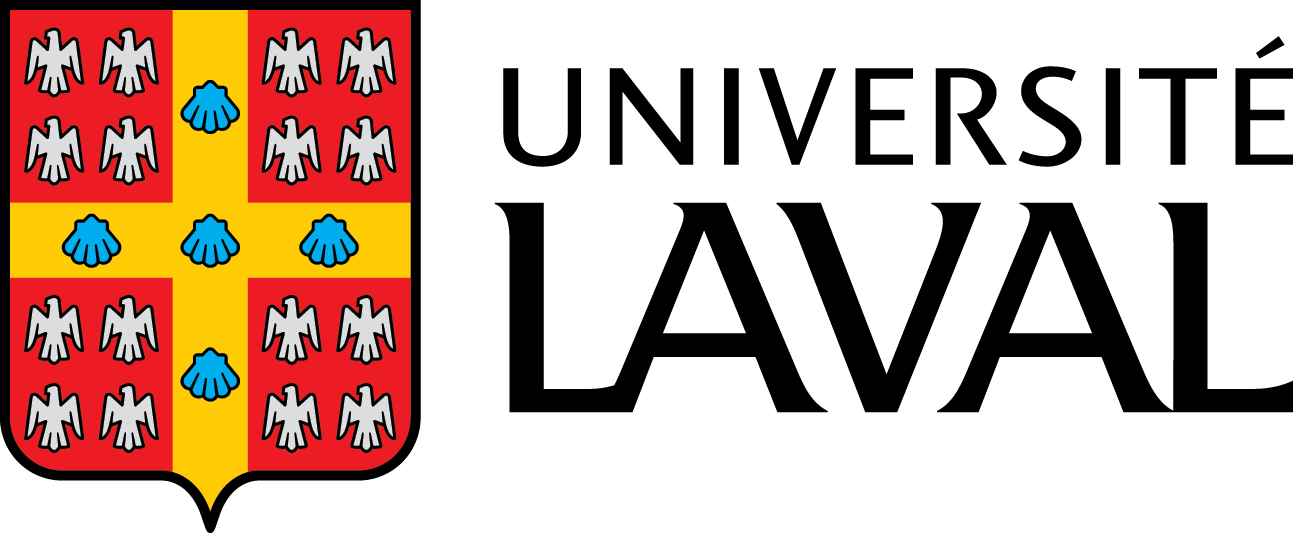Location
L’Université Laval est l'une des plus grandes universités au Canada. Elle a été fondée en 1852 à l'initiative du Séminaire de Québec, lui-même fondé en 1663, et constitue ainsi le plus ancien établissement d’enseignement supérieur francophone en Amérique, et la sixième plus ancienne université du Canada.
Members:
Resources
Displaying 1 - 5 of 9Quantification des Changements Récents à 'Ãcotone forêt-Toundra à Partir de 'Analyse Numérique de Photographies Aériennes
Arctic ecosystems at the forest-tundra ecotone are particularly sensitive to climate-driven vegetation changes. Many recent studies have observed shifts in vegetation cover, particularly an increase in shrub growth. Here, vegetation changes were assessed at the local scale near Umiujaq, northern Quebec (Canada, 56.55°N, 76.55°W) using colour aerial photographs (1994 and 2010). By applying semi-automated image classification methods and change-detection analysis, we were able to detect and map the dominant vegetation cover changes.
Riparian Vegetation Assemblages and Associated Landscape Factors Across an Urbanizing Metropolitan Area
While diverse, native riparian vegetation provides important functions, it remains unclear to what extent these assemblages can persist in urban areas, and under what conditions. We characterized forested riparian vegetation communities across an urbanizing metropolitan area and examined their relationships with surrounding land cover. We hypothesized that native and hydrophilic species assemblages would correlate with forest cover in the landscape.
Contribution of Traditional Knowledge to Ecological Restoration: Practices and Applications
Traditional knowledge has become a topic of considerable interest within the research and development environment. The contribution of traditional knowledge to conservation and management is increasingly recognized, and implementation endeavours are underway in several countries. The current scale of ecosystem degradation underscores the need for restoration interventions. It is increasingly recognized that successful ecological restoration depends on effective coordination of science and traditional ecological knowledge.
Coexistence of Introduced and Native Common Reed (Phragmites australis) in Freshwater Wetlands
Invasive species are especially problematic when introduced into ecosystems with native congeners. The extent to which niches overlap in space determines whether the introduced species threatens the native one or the native species can escape competition or the effect of control. We compared the spatial distribution in relation to landscape and land-use/ land-cover variables of introduced and native Phragmites australis (common reed) in a landscape of protected freshwater wetlands in Quebec, Canada. Results showed that the wetlands still serve as refuges for native P. australis.
Landscape Composition Weakly Affects Home Range Size in Blanding's Turtles (Emydoidea blandingii)
Landscape composition and habitat quality influence the abundance, population structure, and movements of animals. Understanding how an animal interacts with elements of the landscape helps predict its response to habitat loss and changes in land cover. We tested the hypothesis that the extent of movement depends on landscape composition in a threatened freshwater turtle, Emydoidea blandingii. We measured habitat composition at multiple spatial scales, ranging from the home range to the landscape scale.


